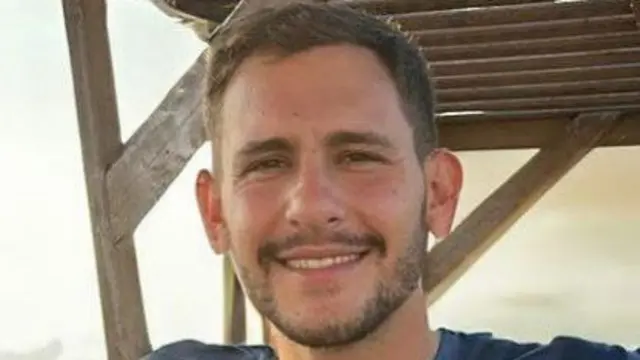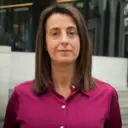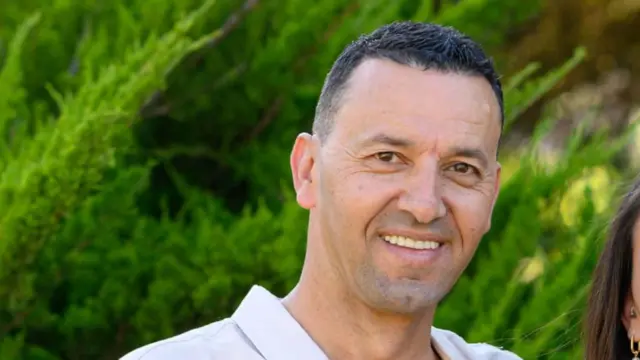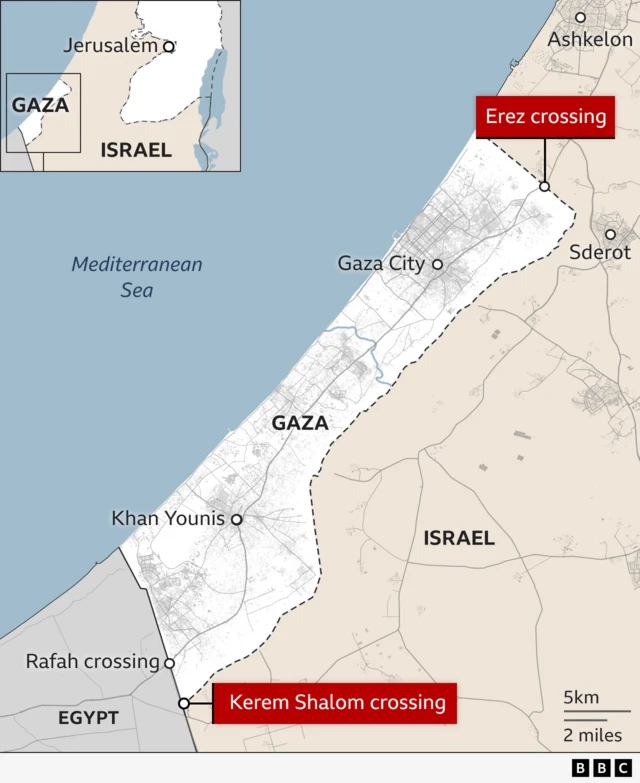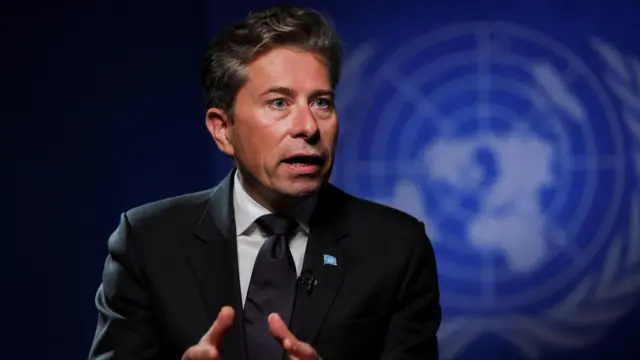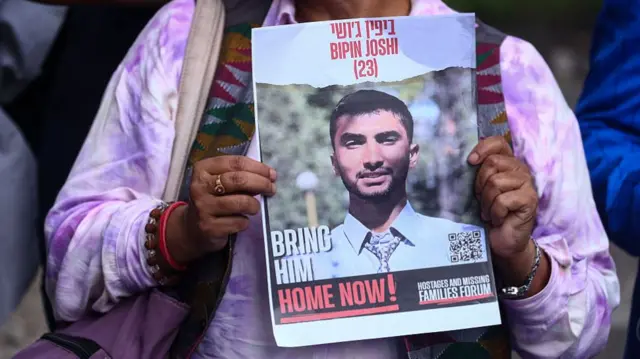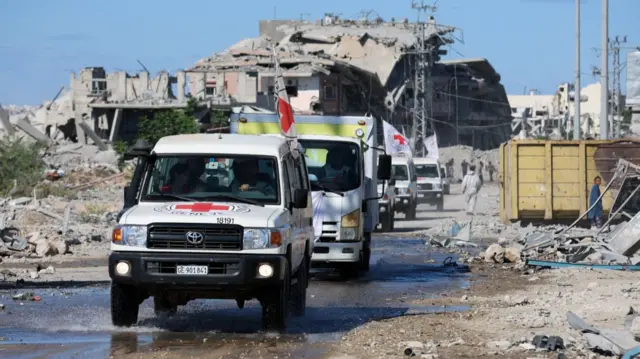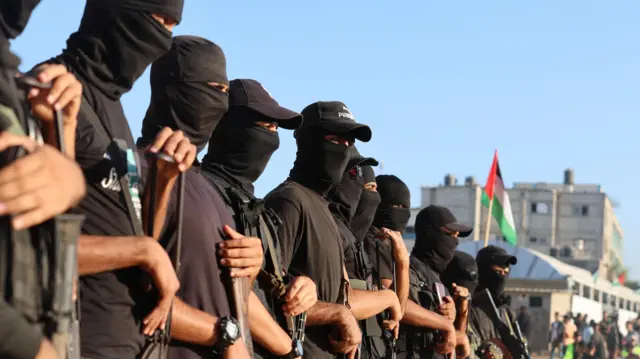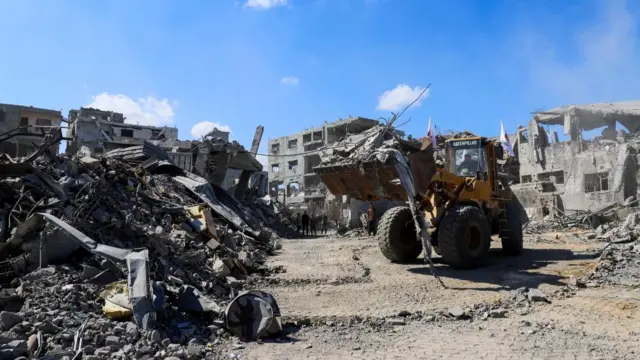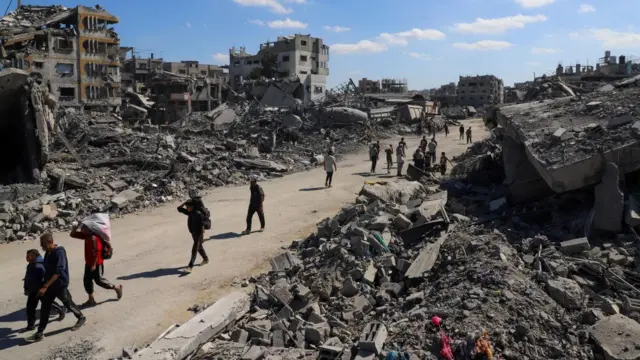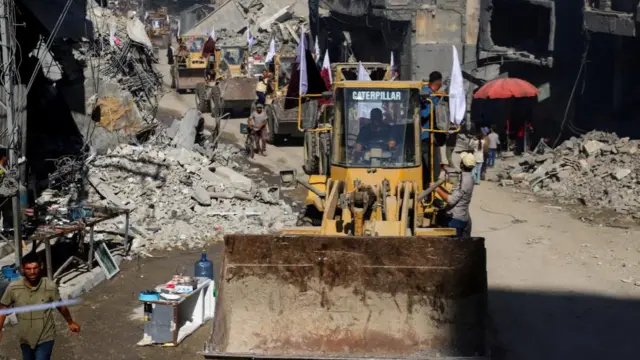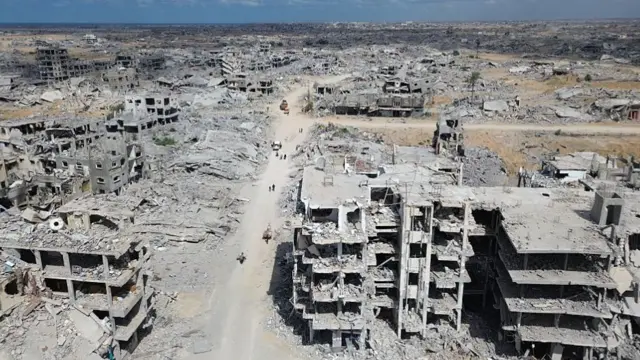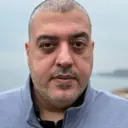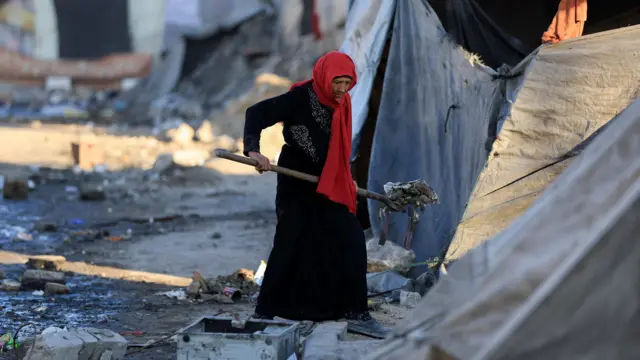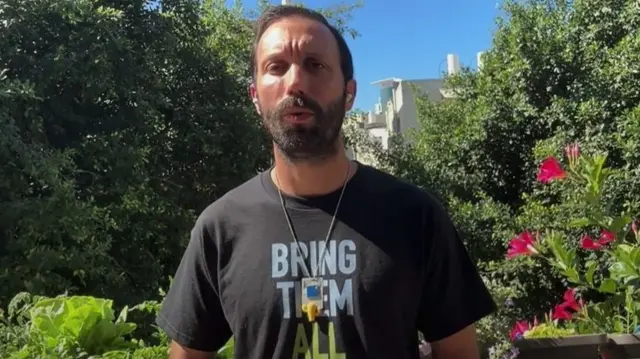The four hostages whose bodies have been identified so farpublished at 18:21 BST 14 October
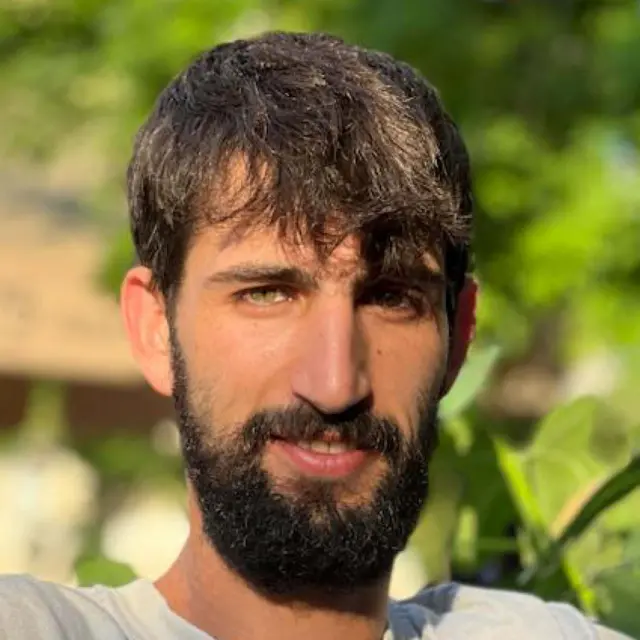 Image source, Bring Them Home Now/Reuters
Image source, Bring Them Home Now/ReutersGuy Illouz's body has been identified by Israeli authorities
As we've just been reporting, the remains of the two other hostages who were returned to Israel yesterday have now been identified. Here's what we know about the deceased hostages who were released by Hamas:
Daniel Peretz, 22: A captain in the IDF's 7th Armoured Brigade, he was killed in an attack on his tank and his body was taken to Gaza.
Yossi Sharabi, 53: Was kidnapped and held hostage with his brother Eli, whose British-Israeli wife and family - Lianne, Noiya and Yahel Sharabi - were killed in the attack.
Bipin Joshi, 23: The Nepalese national was kidnapped from Israel while working as an agricultural student. A video showed him in captivity in November 2023, and a friend says Joshi saved his life when he threw away a Hamas grenade during the 7 October attack.
Guy Illouz, 26: Was shot twice during the Nova festival attack and died of his wounds after being taken hostage.
